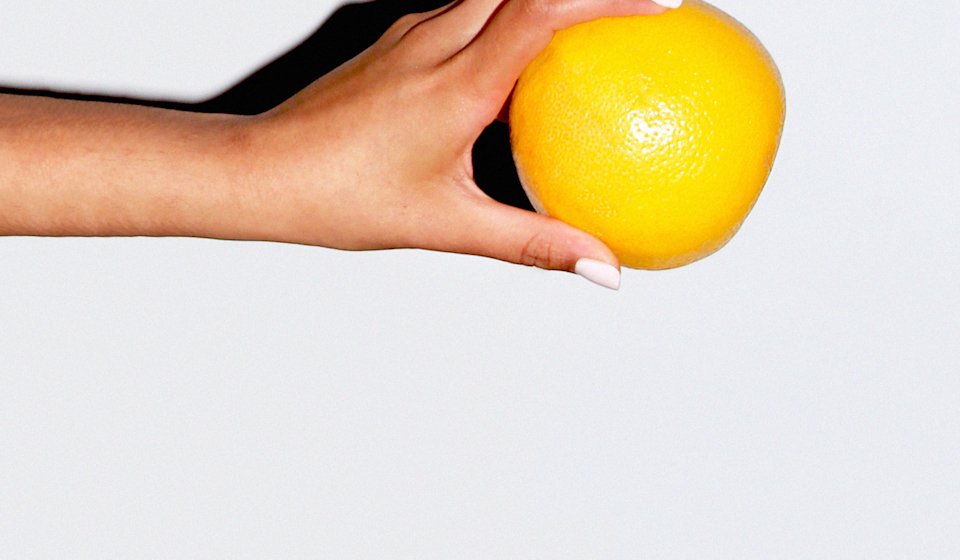Essential Takeaways
• If you feel a little jet-lagged by the end of Daylight Savings Time, it might be because the time change can throw off our circadian rhythm, the internal clock that helps dictate our natural sleep cycle.
• That said, here are a few tips on how to adjust with the time change that might be able to help you find equilibrium again.
Is a bonus hour of sleep really a fair tradeoff for a season of 5pm sunsets? Maybe not, but that’s the consolation prize allotted by fall’s transition out of Daylight Savings Time. And while it might seem like a relatively minimal change, that single hour of sleep is actually enough to throw off our equilibrium a bit—even if it’s not quite as impactful as the hour we lose come springtime. (1)
Why is that, exactly? Much of it comes down to our circadian rhythm, aka our internal body “clock.” Our circadian rhythm is really an elaborate system of hormonal responses to cues like light and hunger—and one of the things it helps dictate is our sleep cycle. It loves consistency, so when it’s thrown off even the slightest bit, we’re bound to feel the effects. Another way of putting it: Daylight Savings Time (DST) is basically society-enforced jetlag. (2)
How Does Daylight Savings Work?
It’s important to remember Daylight Savings is a human-made phenomenon: It was established with the idea that by shifting our clocks in the summer, we can take better advantage of the daylight. What’s interesting, however, is that research in recent years has suggested that “springing ahead” in March can throw a bit of a wrench in our circadian rhythm—in fact, one 2007 study published in Current Biology suggests that some of us might never fully adjust to the change before we shift back in October. (1)
Why? Scientists suspect that it has to do with the fact that light is a major cue for our sleep cycle: It’s why we’re more likely to feel sleepy at night and alert when the sun comes up. When we shift that cycle (say, by changing the clocks), our body doesn’t just automatically follow suit. It can take weeks or longer for us to re-train our circadian rhythm to fit that new schedule. (And by the time you start to adjust, we all shift back out of DST.)
If you’ve seen buzz lately about some states (like California) and countries considering ditching Daylight Savings Time altogether, that’s why: That emerging research suggests that it just might not be worth the trouble.
Are You A Night Owl Or A Morning Person?
This may actually indicate how well you’ll adjust to DST: The scientists behind that 2007 Current Biology study found that night owls tend to have a tougher time adjusting to the start of Daylight Savings in the spring, while morning larks are thrown off more by “falling back” in autumn.











